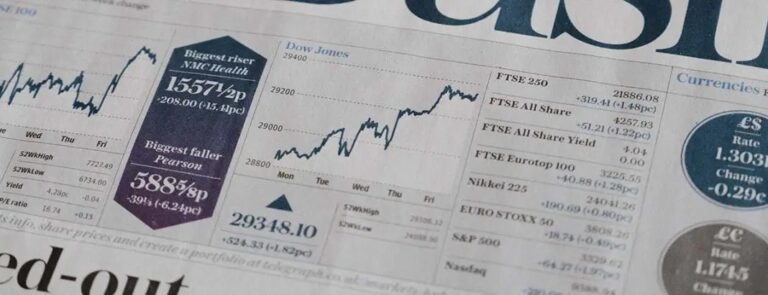Day Trading is the buying and selling assets within a day. In the past, the stock exchange was dominated by financial institutions, brokerages, and trading houses. With the advent of technology and the growth of the internet, a number online trading platforms are now available. It is easy for an investor to get into the game.
Day trading can be a lucrative financial activity with the right guidance, strategy and funds. Beginners may struggle to succeed if they don’t prepare well before entering the market. It is therefore important to understand the basics of day trading before you start.
This article contains sponsored links. We receive a small payment if you choose to use these links at no charge.
What is Day Trading?
The Basics
Day trading , as mentioned above, is the act of buying and selling underlying assets in one day. Day trading can be done in almost any market, but the most popular are stock exchanges and forex (forex). A day trader is usually a person who is well-educated, wise and has quick thinking abilities. You will also need a substantial fund to trade daily. A trader who uses a high-leverage short-term strategy can profit from small price changes in highly liquid stocks.
Day trading involves buying or selling a stock , ETF, or other financial instruments on the same day and closing the position at the end of the trading day. Day trading is the practice of buying and selling a security or stock within a specific time to make a profit. When a trader buys or sells security or makes short sales and then buys to cover his position on the same day, trading is considered day trading.
On what is day trading based?
You must be aware of events that can cause a short-term change in the market. To make their decisions, most renowned traders use news and trends. Economic statistics, interest rate changes, and corporate earnings are also methods. These expectations can have a significant impact on the market and be of great benefit to day traders.
What are the effects of stock changes?
Stocks can change in two different ways. When a trader sees that a stock has a high movement and believes it will rise during the day, he can buy and then sell the stock when the stock is at an incredibly high price. If the stock falls, however, they lose money when making sales. Second, traders can predict that a currency or stock will fall dramatically for the day. They short-sell the stock – also known as betting against it. The day trader can profit by selling the stock when it drops.
Keep your emotions at home
Day trading is based on predicting the direction of stocks and trading accordingly. Day traders must be creative and not emotionally tied to market volatility. If emotions are allowed to influence trading strategies and approaches, they can have a negative impact.
Day Trading is not a part-time job
Be aware that day trading involves a significant amount of time spent selecting trading opportunities, and then monitoring the positions. Day trading requires a lot of time to manage and study charts.












+ There are no comments
Add yours